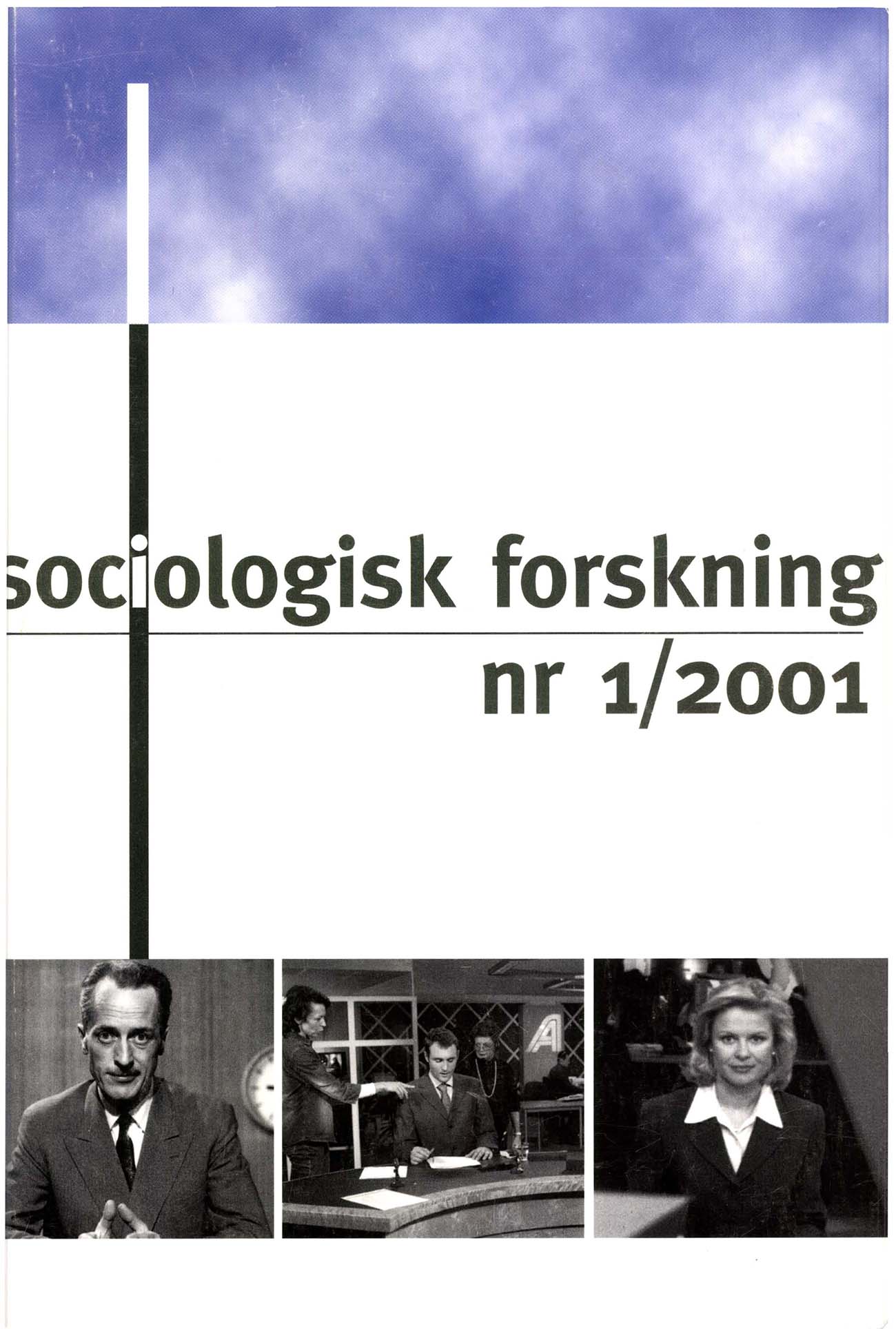Tid för arbete och arbetstider
en jämförande studie av gifta kvinnors förvärvsarbete
DOI:
https://doi.org/10.37062/sf.38.19446Abstract
Choosing time and time for work: Cross-national variation in paid work among married women
In line with the theoretical perspective that the division of total work in society into production and reproduction is the central factor behind gender inequality in general, the very organization of reproduction work becomes the key to understand the variation in gender inequality among modern nation states. As long as other institutions, in this case either a public common sector or the market, remain highly subsidiary in relationship to the family with regard to reproduction work women have fewer possibilities to participate in paid work and gender inequality remains at a high level. Just as the distribution of resources and capabilities following from the class-based division of work on the labour market may be modified by political intervention, political decisions may modify the distribution of resources and capabilities that follow from the gender-based division of work. In the absence of political intervention, it is left to the market to determine the criteria for distributing work among citizens. In order to gauge the degree of subsidiarity of other institutions to the family, the distinction between participation and non-participation in market work, and even between full-time and part-time participation, has however to be qualified. All market work is paid work, but pure participation on the labour market cannot be equated with amore equitable division of total work in society. A loose attachment to the labour market, which is a recurring phenomenon in many countries, is in fact compatible with the continuing weight of the total reproduction work on the family. By using data from the Luxembourg Income Study (LIS) variations in the extent of married women’s market work is examined in nine countries. The degree of subsidiarity of other institutional spheres to the family with regard to reproduction work is shown to be a phenomenon not confined to countries where Catholic religion has a strong foothold, or where Christian democratic parties have been frequently in government.
Downloads
Published
How to Cite
Issue
Section
License
All content in Sociologisk Forskning is published with immediate open access, under the Creative Commons license CC BY-NC-ND 4.0.
All content may be read, downloaded, shared and printed for non-commercial purposes, free and without fees. Contents may not be altered. When content is reused, author, source and a link to the copyright licence must be provided. The author retains copyright to their content. No publication fees are charged.





